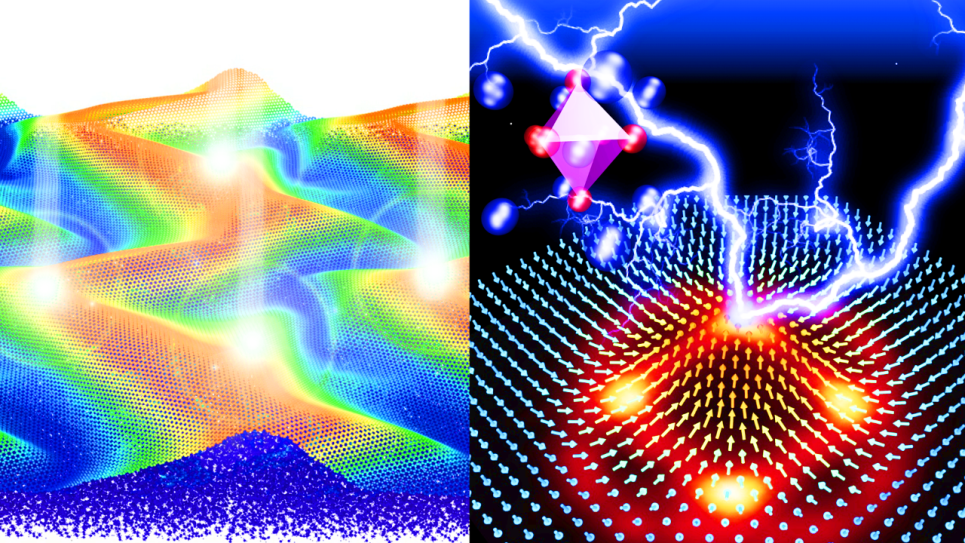
Non-covalent Bonding in Complex Molecular Systems with Quantum Monte Carlo
Given the key role of hydrogen bonding and other non-covalent interactions in the cohesion of the molecular materials that are so important for our world, it is unfortunate that the widely used computational science techniques of density functional theory (DFT) give an inadequate account of these interactions.
A full quantitative understanding of hydrogen bonding is crucial for all systems involving water, including the pure liquid and the many forms of ice, water nanoparticles, low-dimensional aggregates such as adsorbed water layers, aqueous solutions, hydrated biomolecules, biological structures stabilized by hydrophobicity, gas hydrates, and many others.
We will use highly accurate quantum Monte Carlo (QMC) techniques to provide benchmark energies for these systems to create improved simulation methods, as well as an extensive database of energy benchmarks for molecular systems bound by non-covalent forces, particularly hydrogen bonding and van der Waals dispersion. The benchmarks will be used to develop improved versions of DFT and to assess and improve parameterized force fields for molecular systems.
The main outcomes of the project will be: (1) a greatly improved understanding of water systems in many different aggregation states, embodied in improved versions of DFT and force fields; (2) more accurate energetics of industrially and environmentally important gas hydrates; (3) better predictive power of computational techniques for designing important supramolecular systems; and (4) the establishment of QMC on petascale platforms as a routine, generally usable technique for investigating non-covalent bonding in complex molecular systems.
